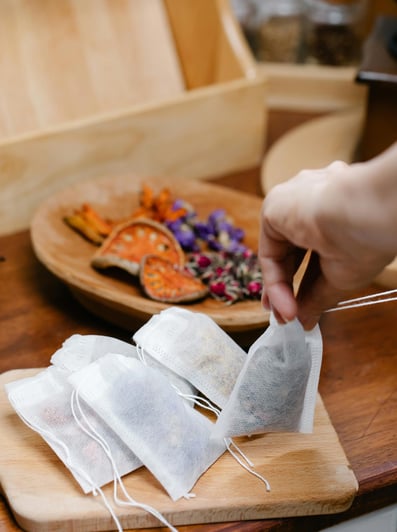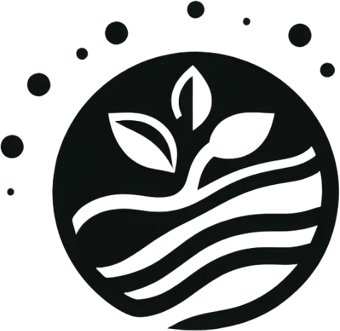Medicinal Plants: When and How to Use Them Safely
Medicinal plants have been used for centuries as a natural alternative to treat various health issues. However, even though they are natural, they must be used with caution and knowledge. In this post, we will discuss when and how to use medicinal plants safely, supported by scientific evidence, to reap their benefits without health risks.
Health Is Life
1/6/20252 min read
What Are Medicinal Plants?
Medicinal plants are those that contain active substances capable of preventing or treating diseases. Studies show that substances found in plants like chamomile (Matricaria chamomilla) have scientifically proven calming effects. Ginger (Zingiber officinale), for example, has demonstrated anti-inflammatory properties in clinical trials (Sharma et al., 2020).
When to Use Medicinal Plants?
Medicinal plants can be used for:
Relief of mild symptoms: such as headaches, insomnia, or digestive issues. A study published in the Journal of Ethnopharmacology suggests that lemon balm (Melissa officinalis) can reduce mild anxiety symptoms.
Disease prevention: such as boosting the immune system. Echinacea (Echinacea purpurea) is widely studied for its immunomodulatory effects (Rau & Pérez, 2021).
Complement to medical treatment: always with authorization from a healthcare professional.
However, avoid using them as a substitute for prescribed medications or to treat severe conditions without guidance.
How to Use Medicinal Plants Safely?
Know the plant well: Learn about its benefits, contraindications, and recommended doses. Use reliable sources, such as studies published in peer-reviewed scientific journals.
Choose the appropriate form of consumption: Medicinal plants can be used as teas, essential oils, tinctures, ointments, or supplements. Each form of use has specific indications. For example, lavender essential oil (Lavandula angustifolia) has been shown to reduce anxiety symptoms in a placebo-controlled study (Kazemi et al., 2022).
Avoid self-medication: Even though they are natural, some plants can cause side effects or interact with medications. Consult a doctor or herbalist before starting use.
Observe possible reactions: Pay attention to signs such as allergies, nausea, or dizziness. If they occur, discontinue use and seek professional help.
Buy from reliable suppliers: Ensure that the plants are from a safe source and free from pesticide or fungal contamination.
Popular Medicinal Plants and Their Uses
Chamomile (Matricaria chamomilla): Studies indicate it may reduce anxiety and promote restful sleep (Phytotherapy Research, 2016).
Ginger (Zingiber officinale): Relieves nausea and joint pain, supported by clinical trial evidence (Sharma et al., 2020).
Peppermint (Mentha piperita): Studies show it is effective for symptoms of irritable bowel syndrome (Digestive Diseases and Sciences, 2019).
Lemon balm (Melissa officinalis): Reduces insomnia and mild anxiety symptoms, as demonstrated in recent clinical studies.
Additional Precautions
Pregnant and breastfeeding women: Some plants, such as rue (Ruta graveolens), are contraindicated during pregnancy due to their uterotonic effects.
Children and the elderly: Require adjusted doses and greater attention to use.
Chronic illnesses: Always consult a doctor before using medicinal plants to avoid drug interactions.
Conclusion
Medicinal plants are valuable resources, but their use requires knowledge and responsibility. Always seek professional guidance and use them as a complement, not as a replacement for conventional treatments. This way, you can safely and effectively benefit from their properties, as evidenced by science.
Scientific References
Sharma, M., et al. (2020). Anti-inflammatory effects of Zingiber officinale. Journal of Traditional and Complementary Medicine.
Kazemi, M., et al. (2022). Lavender essential oil and anxiety: A placebo-controlled study. Phytotherapy Research.
Rau, A., & Pérez, M. (2021). Immunomodulatory properties of Echinacea purpurea. Journal of Ethnopharmacology.
Phytotherapy Research (2016). Effects of chamomile on anxiety and sleep.
Digestive Diseases and Sciences (2019). The role of peppermint oil in irritable bowel syndrome treatment.




